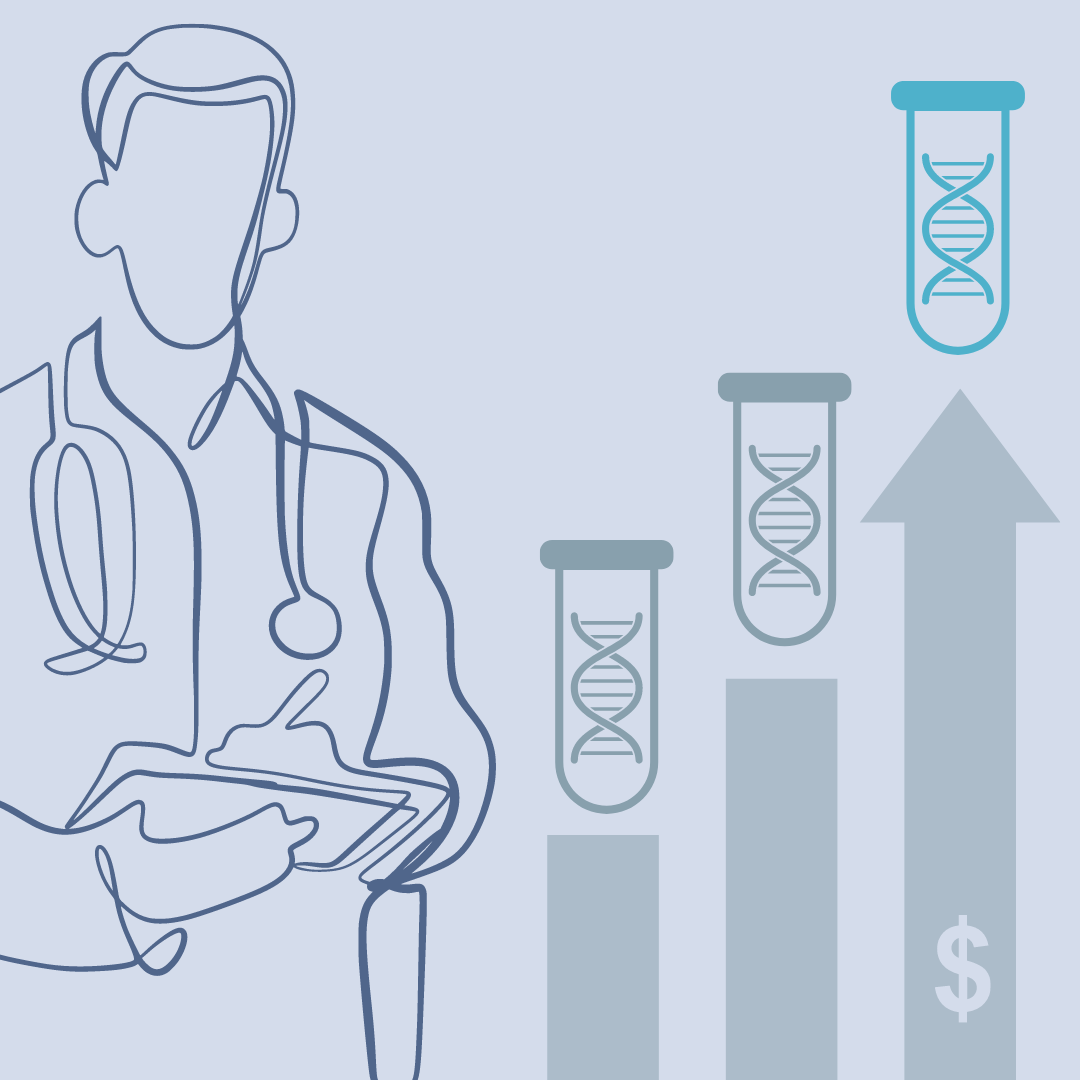IVF Patients Say a Test Caused Them to Discard Embryos. Now They’re Suing
By Jamie Ducharme,
TIME
| 03. 06. 2025
After struggling for eight years to have a baby, Shannon Petersen and her husband decided to try in vitro fertilization (IVF) in 2022. Their fertility doctor recommended a test that sounded like exactly what they needed. It promised to help Petersen, then 42, avoid miscarriages and get pregnant faster by determining which of the couple’s embryos were most likely to result in a healthy baby. The testing cost thousands of dollars and wasn’t covered by insurance, but it was advertised as close to 100% accurate and strongly recommended for women of Petersen’s age. “I said, ‘Yeah, that sounds amazing,’” she says. “Who wouldn’t?”
Her mood changed when the results came back. The test deemed each of the Petersens’ five embryos abnormal, meaning their clinic—like many in the industry—refused to use any of them. “It was like, ‘Well, better luck next time. These are garbage, essentially,’” Petersen says. “It was heartbreaking.”
The Petersens took out a $15,000 loan to try again. Their second IVF cycle yielded only one embryo, which they decided not to test; it did not result in a...
Related Articles
By Diaa Hadid and Shweta Desai, NPR | 01.29.2026
MUMBRA, India — The afternoon sun shines on the woman in a commuter-town café, highlighting her almond-shaped eyes and pale skin, a look often sought after by couples who need an egg to have a baby.
"I have good eggs,"...
By Steve Rose, The Guardian | 01.28.2026
Ed Zitron, EZPR.com; Experience Summit stage;
Web Summit 2024 via Wikipedia Commons licensed under CC by 2.0
If some time in an entirely possible future they come to make a movie about “how the AI bubble burst”, Ed Zitron will...
By Arthur Lazarus, MedPage Today | 01.23.2026
A growing body of contemporary research and reporting exposes how old ideas can find new life when repurposed within modern systems of medicine, technology, and public policy. Over the last decade, several trends have converged:
- The rise of polygenic scoring...
By Daphne O. Martschenko and Julia E. H. Brown, Hastings Bioethics Forum | 01.14.2026
There is growing concern that falling fertility rates will lead to economic and demographic catastrophe. The social and political movement known as pronatalism looks to combat depopulation by encouraging people to have as many children as possible. But not just...




